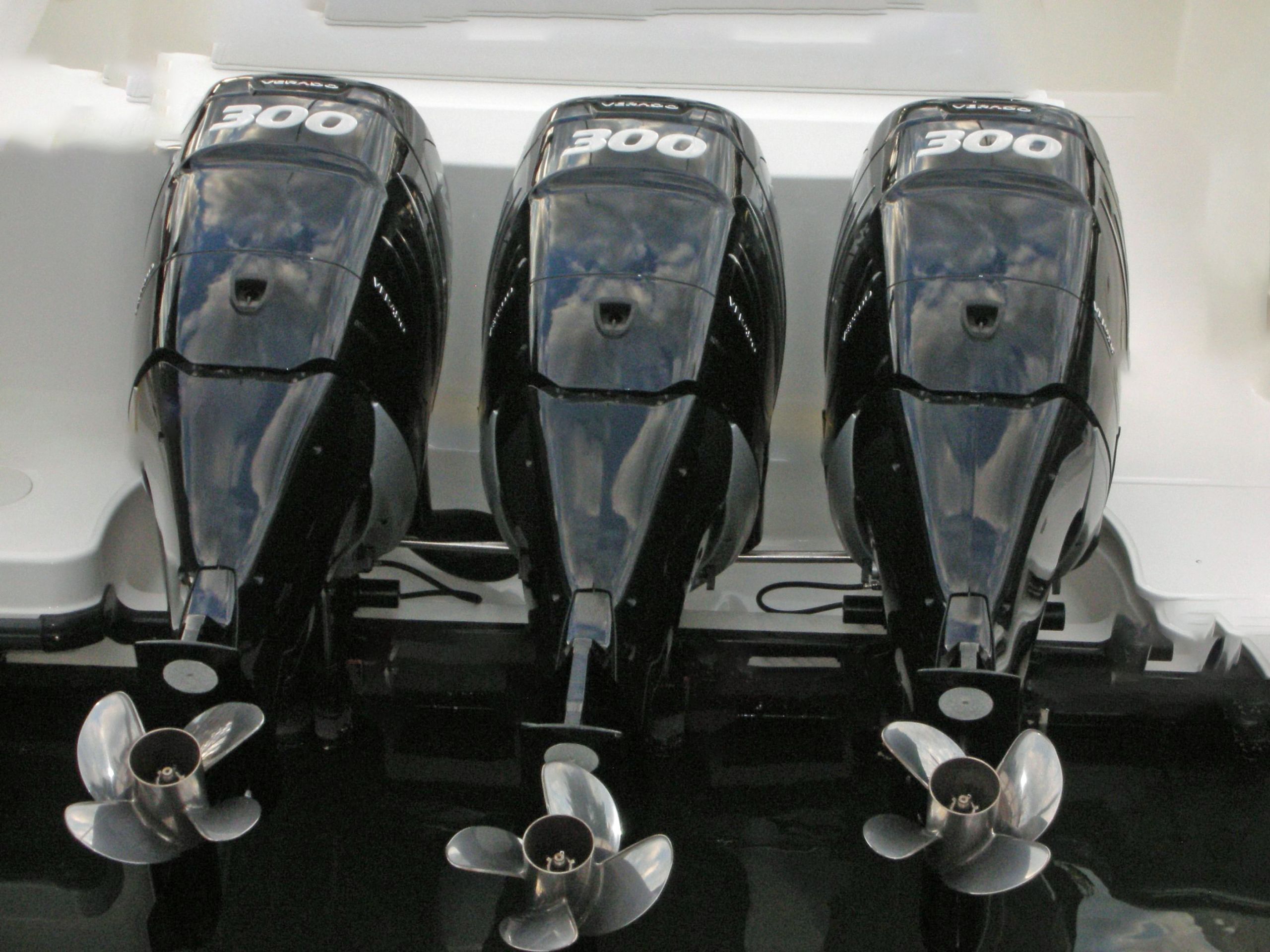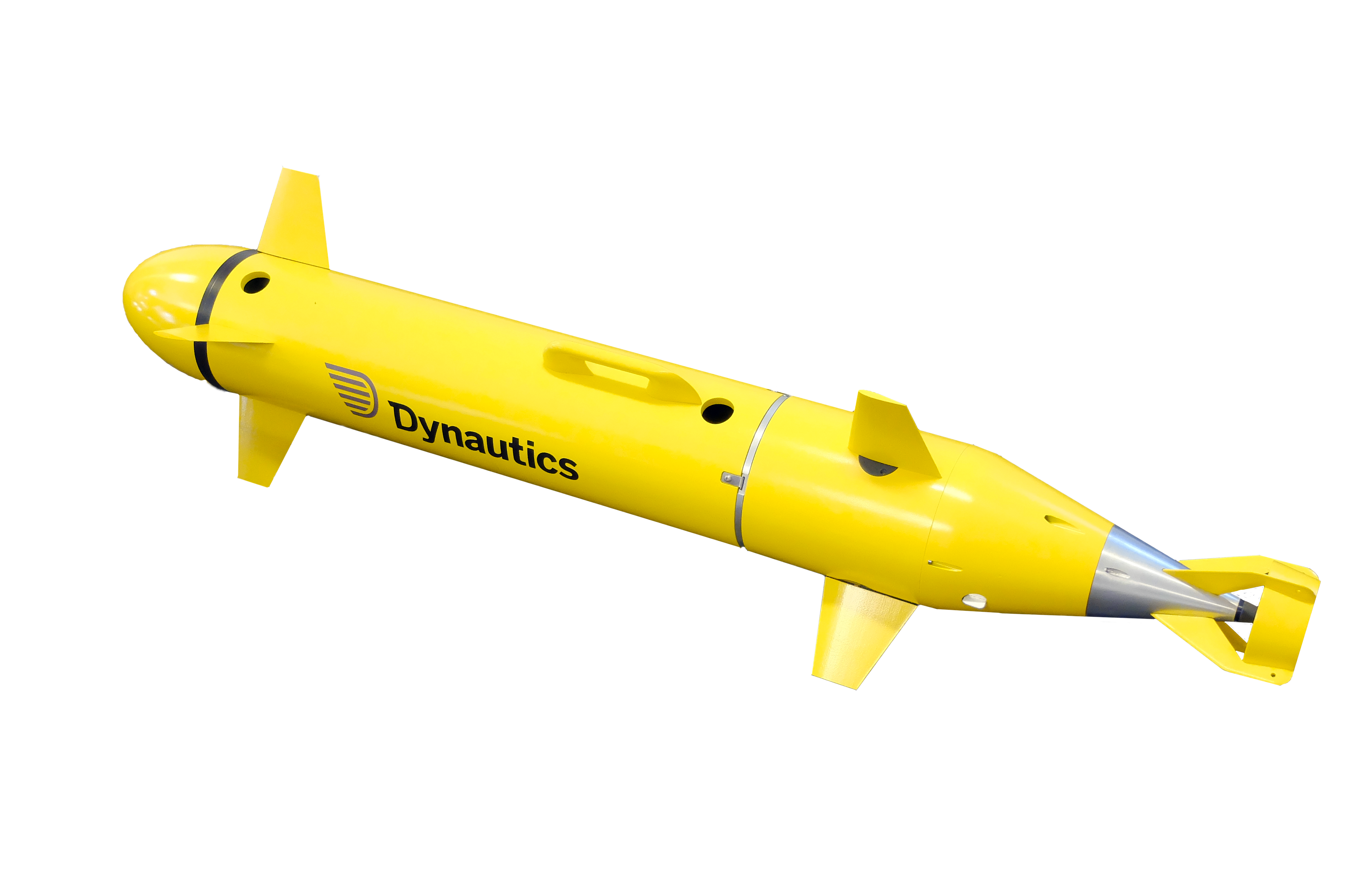As maritime stakeholders increasingly look to uncrewed vessel technology to complete a wider range of offshore survey, surveillance and inspection tasks, the systems that are used to control these flexible platforms are developing apace.
Unmanned surface vessels (USVs) offer a low impact, non-invasive and cost-effective solution for an industry that has set itself ambitious net zero emission goals, and the technology is now established on numerous commercial projects around the world.
Designing and building uncrewed surface vessels (USVs) is complex and challenging. Hundreds of decisions relating to mission goals, payload requirements, power budget, hull design, communication systems and propulsion control and management need to be made, analysed and implemented.
Dynautics provides Vessel Control System (VCS) and autopilot technology that seamlessly integrates into third party drive and motor control systems. We work closely with USV manufacturers to ensure that onboard control systems and their complex integration protocols are robust, efficient and above all provide optimal functionality and redundancy.
A selection of our recent MK4 (SPECTRE) and VCS (SPECTRE Plus) projects are outlined below.
Triple engine control for Singapore Navy

Triple Mercury outboards – credit Mercury
In 2021 Dynautics became a Mercury Marine dealer, giving us direct access to the company’s G3 engine set up software which is a critical factor in calibrating and optimising engine performance. This was quickly followed by an opportunity to work on a triple Mercury engine (900hp) VCS for the Republic of Singapore Navy’s uncrewed security and surveillance craft.
It was a challenging project with a tight timeframe, but by leveraging our experience with Mercury’s control protocol we were able to deliver our MK4 autopilot with Mercury interface module, remote control handset, wiring harness and Dynautics Remote Control Windows (RCW) application for remote route planning. All equipment was fully installed, calibrated and subject to sea trials in time for the Navy’s mission.
From clouds to waves with SPECTRE

SEAX USV – credit ALTI
ALTI, a world-leading provider of VTOL aircraft based in South Africa, serves the civil and military sectors with UAVs (unmanned aerial vehicles) for commercial and industrial applications. In 2022, the ALTI team embarked on a mission to bring their 10 years of experience and hard-won expertise on unmanned aircraft operations around the world to the design of a marine USV.
Due to the ambitious timeline of the project, the team needed a control solution that they could fit themselves. Dynautics delivered a SPECTRE MK4 VCS, complete with wiring harness, interfaces and all necessary components that was ready to install. This plug and play solution dovetailed into ALTI’s existing communications system, giving the team a clear development and delivery path. Diagnostics took place remotely to progress the retrofit installation.
Despite ALTI not having first-hand experience of working on the water, any installation challenges were quickly solved with Dynautics remote support.
Royal Navy vessel conversions

Dr Alison Little, Dynautics
In its drive to leverage autonomous technology in the future of naval operations, the UK’s Royal Navy is converting some of its vessels to have unmanned functionality. This cost-effective development approach allows them to make use of commercial electronics and low NRE (non-recurring engineering) costs, speeding up the time it takes to get uncrewed craft operational.
The Royal Navy has, to date, placed two VCS orders with Dynautics. Dr Alison Little, senior project engineer at Dynautics, developed custom vessel control firmware for their unique behaviour requirements.
“Customers who have very specific operational needs make my job incredibly interesting. The team here thrives on solving technically demanding control problems. The Royal Navy needed very specific behaviour and I was able to simulate their requirement and code it quickly, which was incredibly satisfying.” Dr Alison Little, Dynautics
Precise drive control for RC Dock Engineering
Netherlands-based RC Dock Engineering enlisted Dynautics for the remote control of a 12m catamaran vessel, the first of 20 new remotely controlled unmanned workboats developed by the company, with azimuth thrusters and twin water jets.
As well as designing the VCS, Dynautics also advised on overall system architecture, design and the purchase of ancillary parts. We developed custom CAN communication firmware to provide precise control of the drive system and collision avoidance software was optimised with radar partners Simrad and Cambridge Pixel.
The catamaran has since been granted RINA class approval. These automated vessels are able to conduct remotely controlled unmanned operations in areas such as offshore survey and subsea inspection, maintenance and repair.
With RC Dock Engineering’s new hull design, transmission and power management arrangement, agility and collaboration were key on this project. Teamwork and strong partnerships are hard-wired into Dynautics’ culture and this was a great example of those values at work.
Author: Kieran Breheny, Strategic Development Manager, Dynautics
Dynautics’ vision is to open up the marine world through intelligent technology, and as co-authors of the Marine Autonomous Surface Ships – UK Code of Practice, we are actively helping to define the route towards marine vehicle autonomy. We simulate, design, test, verify and deploy, enabling our customers to accomplish their mission goals safely and responsibly.

